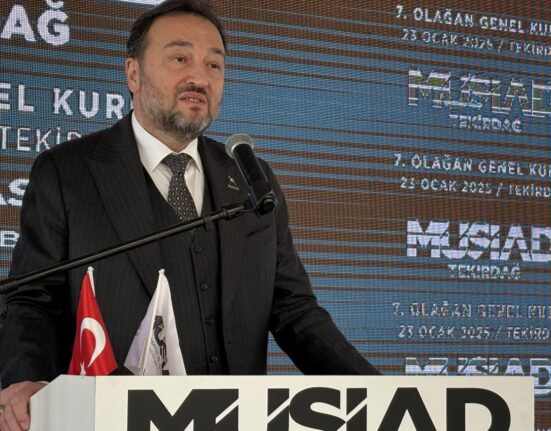President Bola Tinubu made a significant announcement during his administration’s anniversary speech, promising to introduce a zero percent Value Added Tax (VAT) on education and healthcare. This move is aimed at alleviating the financial burden on families by exempting educational services like fees, books, and school supplies from the standard 7.5 percent VAT.
Isaac Agenyi, COO at Moto Business Service Nigeria Limited, highlighted the impact of this decision by stating that
“Zero tax on education means that educational institutions will be exempt from paying taxes, promoting accessibility to education in Nigeria.”
This exemption extends to educational institutions’ income and profits, potentially leading to reduced costs, lower tuition fees, and increased affordability for students.
Friday Erhabor from Marklenez Limited emphasized how the zero percent VAT on essential items like food, education, and health can serve as a subsidy for students. He explained that such a policy prevents an additional 7.5 percent cost burden on students for services such as excursions, school fees, and books. For low-income earners struggling with high education costs, this exemption can provide significant relief.
Prior to recent changes in tax laws introduced by the Finance Act 2021, companies engaged in educational activities enjoyed certain tax exemptions under the Companies Income Tax Act (CITA) in Nigeria. However, these exemptions were amended with new provisions affecting income generated from primary, secondary, and tertiary educational institutions.
Stanley Alaubi from the University of Port Harcourt shed light on how the President’s announcement specifically targets allied service firms associated with education that were previously subject to VAT. By abolishing this tax on allied services linked to education, more individuals are expected to benefit from this favorable policy change.
The broader implications of this zero VAT initiative remain subject to further clarification regarding its implementation timeline and any potential conditions or exceptions that may arise. Nevertheless, it signifies a positive step towards making education more accessible and affordable for all Nigerians.
In conclusion,’Zero VAT on Education: Benefits and Implications for Nigerians’ explores how President Tinubu’s commitment to reducing financial barriers in education could pave the way for enhanced learning opportunities across the country.









Leave feedback about this